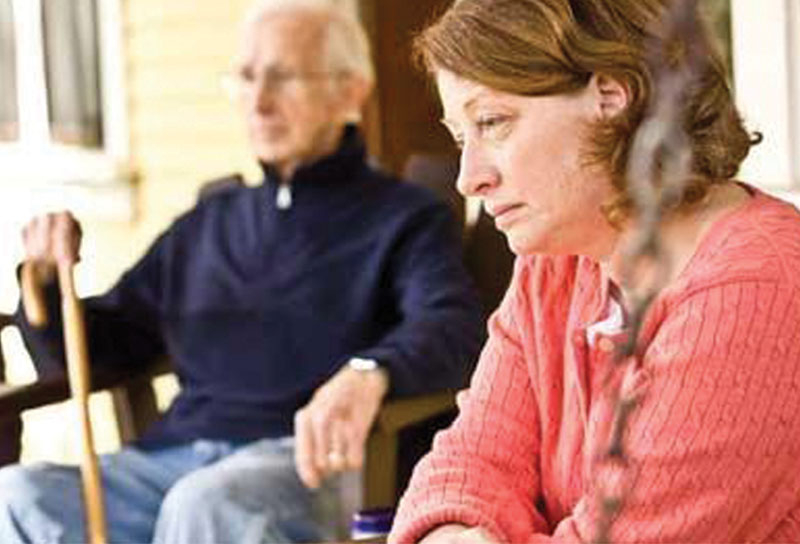Putting someone else’s needs ahead of one’s own and caring selflessly for days or months can take a toll on the caregiver. The undue stress can affect your role as a caregiver and also hamper other relationships and bonds. Changes in attitude accompanied by physical and mental exhaustion mark the signs of caregiver burnout and need to be addressed.
The Problem
Unrealistic expectations either from others or of oneself or a sudden change in roles are common causes of caregiver burnout. Being unsure of what to do, how much to expect and the potential lack of control can make the role very stressful. Lack of a positive support system, family conflict and or lack of funds for a better standard of living can lead to a very frustrating situation for the caregiver.
Burn Out Clues:
- Withdrawal from family.
- Reduced time with friends and a loss of interest in activities that previously gave pleasure.
- A mix of different emotions ranging from sadness to helplessness. These feelings can escalate into depression.
- Changes in sleep patterns due to stress, worry, mental or physical fatigue.
- Rapid or unintentional weight loss or weight gain.
- A feeling of wanting to cause harm to oneself or the person being cared for. Arising out of frustration, such negative thoughts are a cause for serious concern and should be addressed immediately with your healthcare provider.
- The tendency to use excessive alcohol or sleeping pills might also mean caregiver burnout.
- Overreaction and tantrums are common occurrences in stressful times. However, when coupled with the stresses of caregiving and the sudden changes in routine tempers may flair more often than necessary.
- The caregiver tends to catch infections and common diseases easily with a deteriorating immune system due to stress.
- Unable to take time for the daily routine of personal care, exercise, chores or other normal activities.
Assisted Living is a government funded program that can help take some stress off you and your family and enhance quality of life for each person involved. In-home care from professional caregivers offers not only benefits to relieve the caregiver but also offers the person being cared for the peace of mind knowing that they are not being a burden on their loved ones. Meal preparation, personal care, hygiene, bathing, foot care, medication monitoring, housekeeping, transportation and social outings are all areas in which support workers are able to assist caregivers and their loved ones. Eligible patients may qualify for free services.
The Solution:
Caregiving can be difficult and caregiver burnouts can happen to anyone. Getting help before you burn out is important for the health of the caregiver, family, and patient. There is a wide range of services available to assist caregivers, inquiring which services are available to you can be as simple as picking up the phone. A good relationship with the patient along with a healthy mindset for the caregiver can make life a lot easier for everyone involved.






